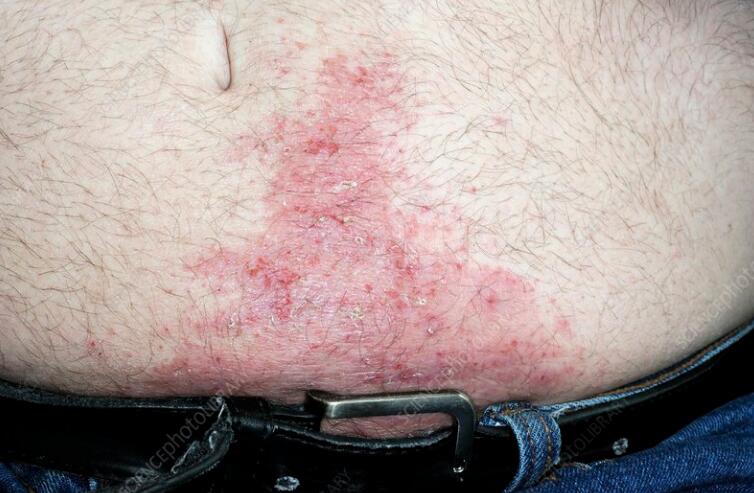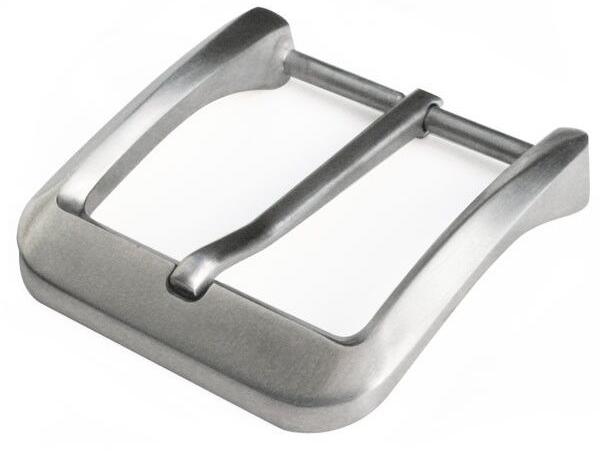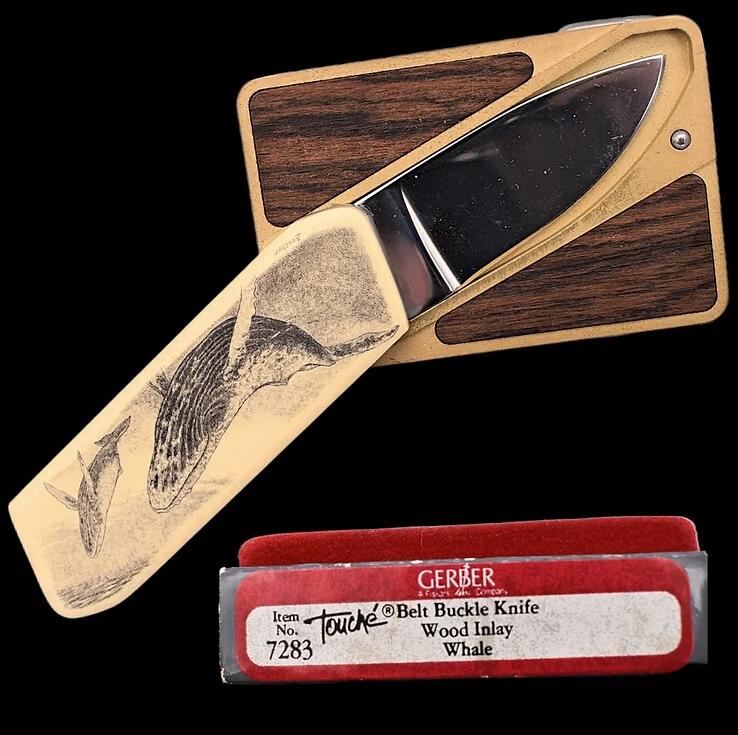Learn why traditional belt buckles might cause skin irritations and discover the benefits of switching to hypoallergenic options for a rash-free experience.
Table of Contents
Why is my belt buckle giving me a rash?
If you’ve ever experienced a rash around the area where your belt buckle sits, you’re not alone. I’ve been through this uncomfortable situation and researched extensively to understand the root cause. The primary culprit behind such skin irritations is usually a metal allergy, most commonly an allergy to nickel, which is often used in belt buckles.
Nickel allergies affect a significant portion of the population, causing contact dermatitis, a condition where skin becomes itchy, inflamed, and sometimes blistered upon contact with the allergen. When your skin sweats, it increases the likelihood of nickel ions leaching out and reacting with your skin, leading to rashes.
Beyond nickel, other metals like cobalt and chromium can also cause allergic reactions. Unfortunately, these metals are prevalent in many alloys used for making belt buckles, making it challenging for sensitive individuals to wear standard belts without experiencing discomfort.

Understanding the cause of your rash is the first step towards finding a solution. By identifying the allergen, you can make informed decisions about the materials in your belts, ensuring comfort and style without the pain.
What belt buckle won’t irritate skin?
For those of us with sensitive skin, finding a belt buckle that doesn’t cause irritation is crucial. The key is to look for hypoallergenic belt buckles, which are designed to minimize the risk of allergic reactions. Let me introduce you to several materials that are known for being kind to sensitive skin:
- Stainless Steel: High-quality stainless steel is an excellent choice for hypoallergenic belt buckles. It’s durable, resistant to corrosion, and most importantly, less likely to cause skin reactions.
- Titanium: Titanium is another superb option. It’s incredibly lightweight and strong, and most importantly, it’s naturally hypoallergenic, making it ideal for those with nickel allergies.
- Plastic: Plastic buckles are also a safe bet for avoiding skin irritation. While they may not offer the same aesthetic appeal as metal buckles, they are completely metal-free and safe for sensitive skin.
- Brass: Solid brass buckles can be a good alternative, especially if they’re nickel-free. However, it’s essential to ensure that the brass is not just a coating over a base metal that contains nickel.
When shopping for a belt with a hypoallergenic buckle, always check the product details or inquire with the manufacturer to ensure it meets your needs. Investing in a belt designed to prevent skin irritation can make a significant difference in your comfort and well-being.

How to stop a belt rash?
Stopping a belt rash involves a combination of preventive measures and immediate actions once you notice the first signs of irritation. Based on my experience and research, here are some effective strategies:
- Switch to Hypoallergenic Buckles: The most straightforward solution is to switch to belts with hypoallergenic buckles made from materials like stainless steel, titanium, or plastic.
- Apply Barrier Creams: Barrier creams or ointments can provide a protective layer between your skin and the belt buckle. Look for products specifically designed to protect against metal allergies.
- Wear a Layer Underneath: Wearing a shirt tucked in between your skin and the belt can act as a barrier, preventing direct contact with the buckle.
- Clean Your Belts Regularly: Regular cleaning of your belt and buckle can remove irritants and reduce the risk of a rash. However, ensure that the cleaning products themselves are not allergenic to you.
- Seek Medical Advice: If rashes persist, it’s essential to seek advice from a dermatologist. They can provide treatments such as topical corticosteroids to alleviate symptoms and offer personalized advice.
Preventing belt rashes requires awareness and proactive measures. By understanding the materials that agree with your skin and adopting these practices, you can enjoy wearing belts without discomfort.
What belts have no nickel?
Finding belts without nickel is essential for those of us with nickel allergies. Thankfully, the market has responded to the need for nickel-free options, providing a variety of belts that cater to sensitive skin. Here are some types of belts you can look for:
- 100% Leather Belts with Hypoallergenic Buckles: Look for belts made entirely of leather, including the buckle, or those that specify the use of a hypoallergenic metal such as stainless steel or titanium.
- Fabric Belts: Fabric belts with plastic or metal-free buckles are a great alternative. They come in various styles and colors, offering both functionality and fashion without the risk of a rash.
- Custom-Made Belts: Some artisans and companies specialize in creating custom belts with nickel-free materials. This option allows for personalization while ensuring your skin’s safety.
- Certified Nickel-Free Belts: There are brands dedicated to producing certified nickel-free belts. These brands often guarantee their products are safe for those with nickel allergies, giving you peace of mind.
When searching for nickel-free belts, it’s crucial to read product descriptions carefully and, if possible, verify the materials used with the manufacturer. Opting for belts explicitly labeled as nickel-free can significantly reduce the risk of allergic reactions and ensure comfort throughout the day.
Frequently Asked Questions
- Can a nickel allergy develop over time?
- Yes, it’s possible to develop a nickel allergy through repeated exposure. Even if you’ve worn nickel-containing products without issues before, you can still develop an allergy.
- Are there any tests for nickel allergies?
- Yes, dermatologists can perform patch tests to determine if you’re allergic to nickel or other substances. This test involves applying small amounts of allergens to your skin to observe reactions.
- Can children wear nickel-free belts?
- Absolutely. Nickel-free belts are safe for everyone, including children. In fact, choosing nickel-free options from a young age can help prevent the development of allergies.
- How long do hypoallergenic belts last?
- The lifespan of a hypoallergenic belt depends on the material and how well it’s cared for. Generally, high-quality hypoallergenic belts can last as long as traditional belts with proper maintenance.


